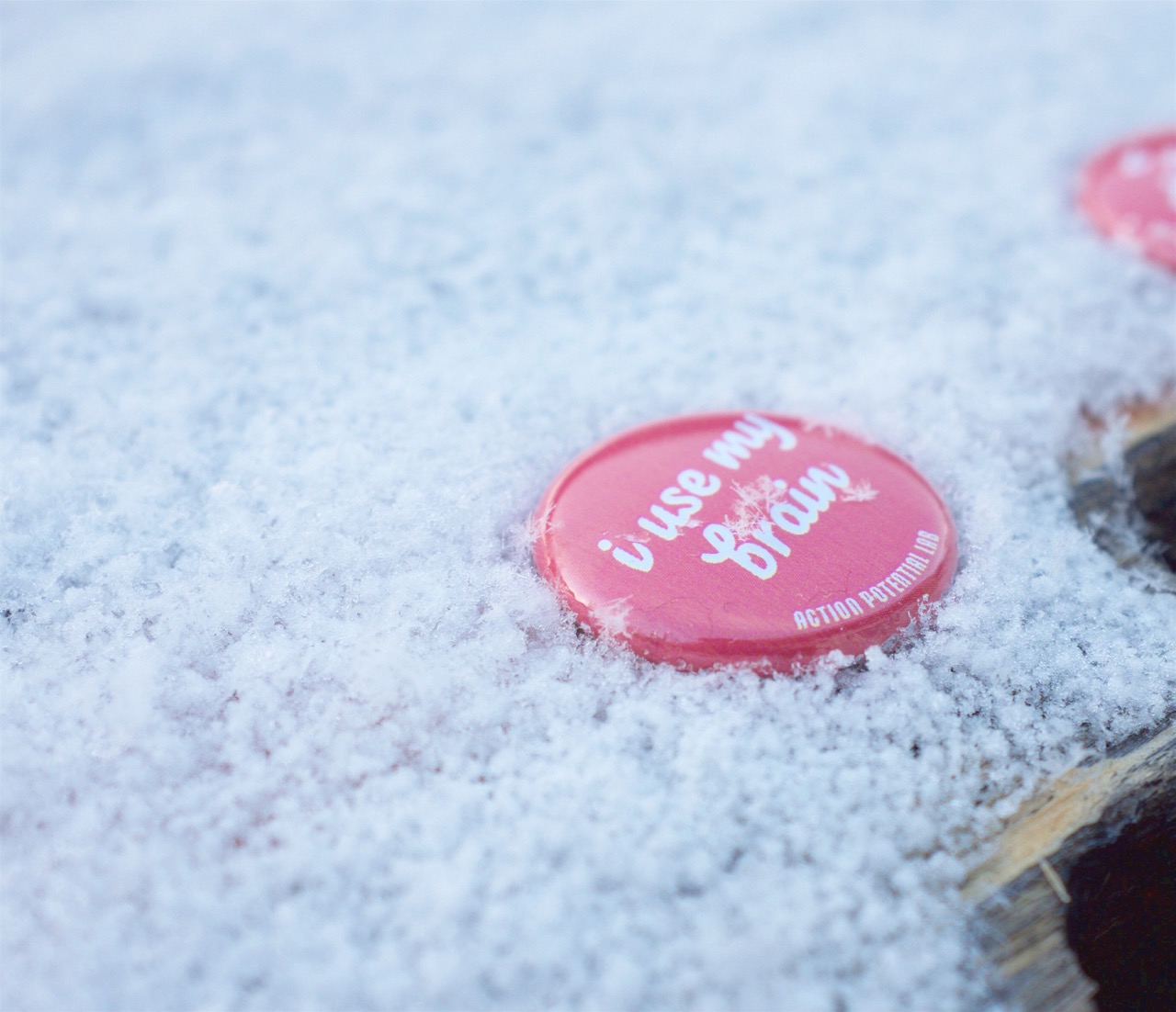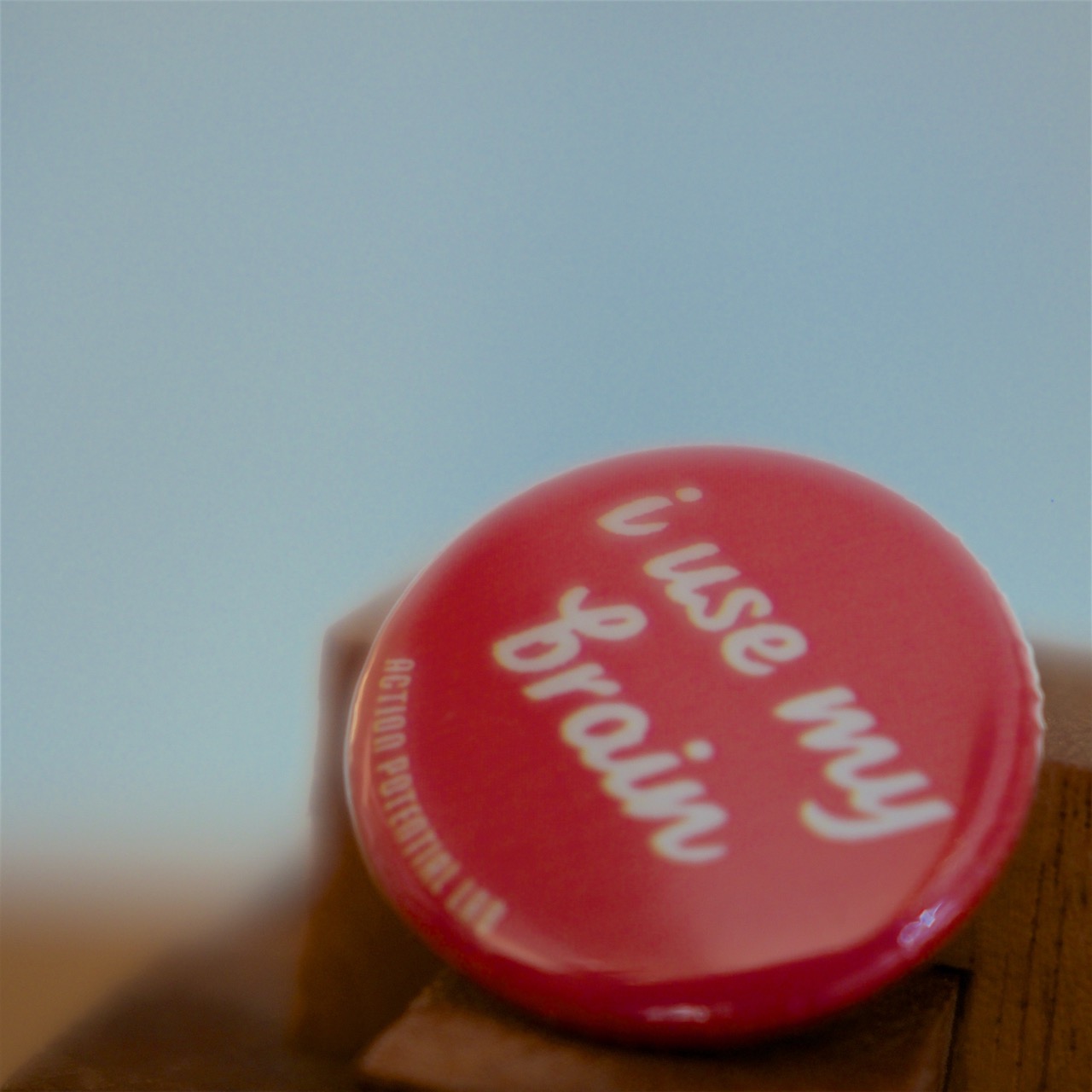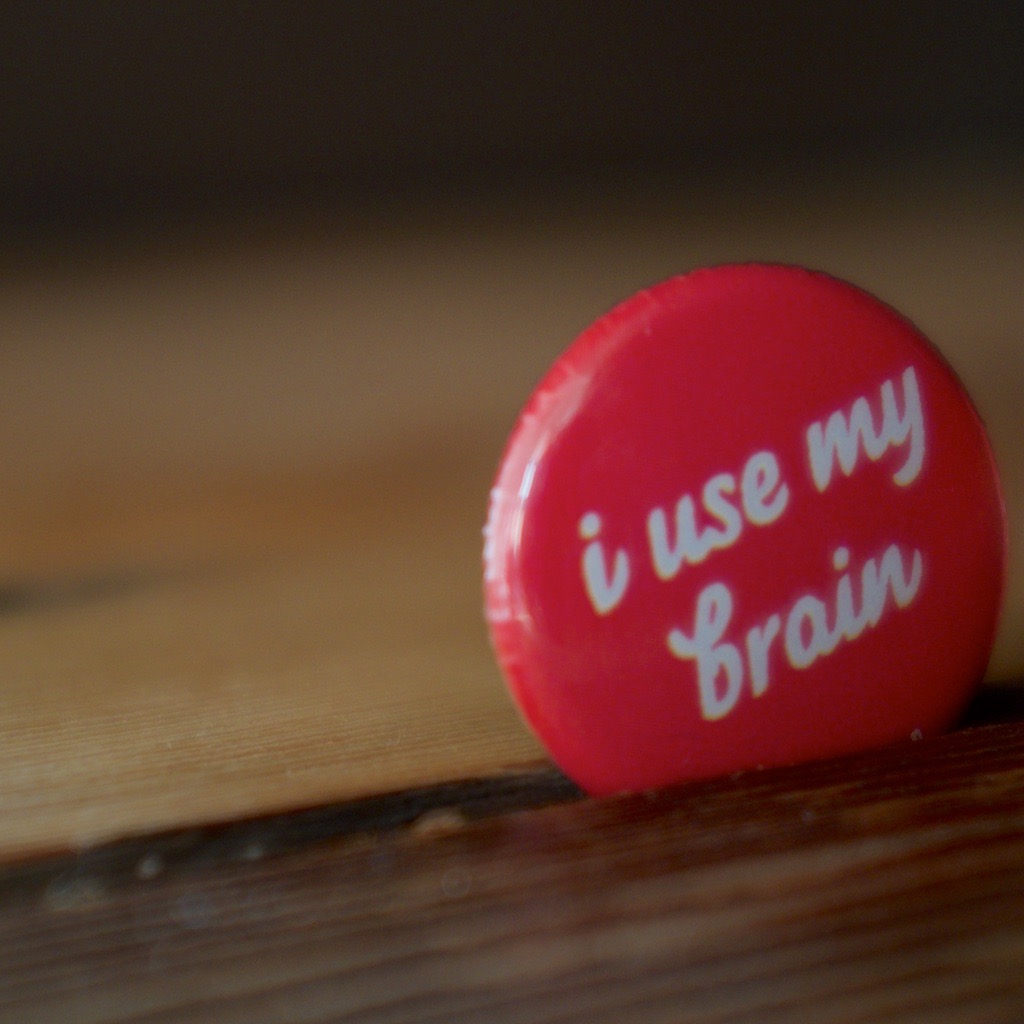Practical Tips for Recovering from a Concussion
Many moons ago, I was concussed due to an accident during a sparring drill.
The recovery process took years to get a handle on. The experience was isolating, debilitating, and especially terrifying.

As a result of my experience, I’m often asked for advice about concussion recovery1.
My recommendations are straightforward2, and (I believe) were very helpful components of my own recovery.3
But before we get started: Please see a doctor for diagnosis and medical advice. And keep in mind that this is not intended to be an exhaustive guide to recovery.

If you are concussed and your symptoms continue to persist, you may be one of the unlucky minority that experience post-concussion syndrome (PCS).
I hope you never experience PCS. But in the event that you are grappling with the condition, these recommendations may be effective.
For starters:
-
Don’t ignore sleep issues. An inability to sleep will almost certainly aggravate symptoms (and delay recovery). If you’re unable to sleep, make sure to tell your doctor.
-
Take care of your neck. Neck injuries, no matter how small, can exacerbate symptoms.4 I personally experienced a marked decrease in headache intensity after seeking chiropractic care.
Your frame of mind is really important:
-
Try not to panic. Your short term memory is completely shot? Panic. You’re convinced that you’ve lost the sum total of your problem solving capabilities? Panic. You can’t concentrate on anything, big or small? Panic. All worth freaking out about. But try not to; it’s not productive. Your superpowers will return, in time. Be patient.
-
Go easy on yourself. Your energy levels may be really low. You may get tired extremely quickly. You may be overwhelmed by things that used to be second nature. It’s hard not to be frustrated. But this is just part of the process, and you aren’t alone.
-
Take the ups, with the downs. Nothing’s better than that incredible elation when you have a good day. Relief. It’s all over, right? Chapter closed? Unfortunately that crippling nausea5 a few days from now is going to completely crush you, and all because you set your expectations too high. Recovery is not a straight line pointing up-and-to-the-right.
- Accept that not everyone will understand. It’s really hard to empathize; don’t get worked up if people don’t understand or appreciate what you’re going through. That being said, I sincerely hope that your family, closest friends, and employer are able to support you – even if not everyone quite grasps what you are feeling. (I was lucky enough to have an incredible level of support, and am so thankful.)
Build the following behaviours into your daily routine:
-
Limit screen time. Aggressively limit your time spent looking at screens. Don’t spend your time budget watching TV, or playing video games. If you must use a computer, don’t look at the screen as you scroll through content. More generally…
-
Limit use of your eyes. Processing visual information is incredibly taxing. If resting at home, I recommend wearing a sleep mask — even during the day, and even when you are not planning on sleeping.
-
Listen to books and podcasts. There is now so much quality audiobook and podcast content, and it’s a godsend at avoiding boredom.
-
Meditate. Meditate at least twice per day (morning and night). Start with five minute sessions, and work up to longer sessions (15-30 minutes each).6 I also recommend abdominal breathing – and don’t just restrict the practice to when you’re meditating.
-
Take long walks. If you feel up for it, take an hour-long walk each night. (Evenings are much better; avoid the Sun.) Skip this if you’re in a neighborhood that’s busy or otherwise loud (in an auditory or visual sense).
-
Ride a stationary bike. Break a sweat, but do not over-exert yourself when riding. Use a heart rate monitor, and watch it to ensure that you don’t climb above your target range.
-
Tune your diet. Avoid foods that cause inflammation. For example – blueberries: good; carbs: bad. How you eat affects how you feel, and I’ve personally found that my body is more sensitive now. (And be sure to cut out the alcohol, entirely.)
-
Find an artistic release. For me, that creative outlet is screenwriting and photography.7 You may prefer to draw, paint, write music, play an instrument…. Experiment, and pick something you enjoy. Do it consistently (but not excessively; your overall energy levels may be low). You’ll find that making art is therapeutic.
I strongly believe that building these behaviours and practices into my daily routine played an important role in my recovery. Your mileage may vary, but I’d love to hear if this helps you, too.

Finally –
Accept that this experience will change you.
But at least there’s more than one way to put the pieces back together.
-
Obligatory disclaimer: not a doctor. ↩
-
Conceptually, at least. I’m not claiming that implementation will be easy. ↩
-
Everything on this list was worked into my daily routine, over a long period of trial-and-error. It was this process that gives me the confidence to recommend these practices. Usual caveats apply: the sample size here is one, my trial-and-error exploration is a far cry from a proper medical study, and it’s not outside the realm of possibility that nothing on this list actually made a difference. Et cetera. ↩
-
I didn’t initially realize that the neck pain caused by the accident needed special treatment (and, in hindsight, was almost certainly whiplash). ↩
-
Or, «insert other symptom here». ↩
-
There is a perplexing amount of venture money flowing into meditation startups; you don’t need an app or a subscription. If you’re new to this, I recommend starting with the book “Mindfulness for Beginners”, by Jon Kabat-Zinn. (Listen to the audio version.) ↩
-
You may be wondering about the photographs sprinkled throughout this post. I shot them, over the years, to celebrate my “concussiversary”. ↩